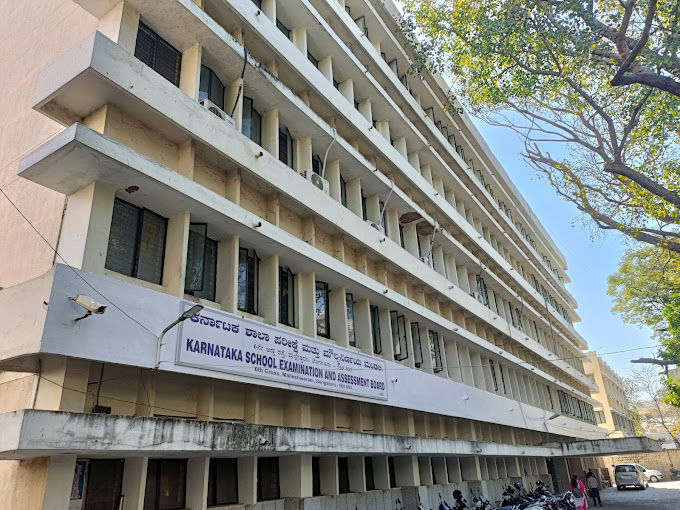A key component of the state’s educational system, the Karnataka School Examination and Assessment Board (KSEAB) guarantees standardized testing and high-quality instruction for all Karnataka students. KSEAB, a pillar of academic evaluation, is in charge of exams, evaluations, and reforms meant to improve the educational experience for the state’s millions of students.
Concerning the KSEAB
In Karnataka, the KSEAB is an independent organization in charge of administering tests and evaluations for elementary, secondary, and pre-university education. It seeks to uphold academic evaluation’s fairness, openness, and quality while making sure that students have the abilities and information needed to thrive in the contemporary world.
Principal Duties
The Board carries out a number of significant responsibilities that affect the state’s educational environment, such as:
Exam Conducting: The KSEAB is in charge of setting up important public tests, including as the PUC (Pre-University Course) and SSLC (Secondary School Leaving Certificate) exams. These tests act as entry points for students’ future academic and professional endeavors.
Design of Curriculum and Assessment: To create pertinent curricula and assessment procedures, the Board works with specialists in education. This guarantees that rather of relying solely on memorization, students will be assessed on their critical thinking, practical application, and problem-solving skills.
Changes to Exam Procedures: The KSEAB incorporates contemporary strategies like competency-based learning and digital assessments into its examination patterns and regulations to keep up with the evolving educational demands of society.
Providing Certificates: Students who pass their exams are granted official certificates by the Board, which are necessary for further education and employment prospects.
Reforms and Initiatives
The KSEAB has implemented a number of reforms in recent years to enhance the educational system as a whole, including:
Digital Initiatives: Using technology to deliver digital certificates, process test results, and administer exams.
Focus on Skill Development: Making sure students are prepared for the workforce by aligning assessment patterns to incorporate skill-based and practical evaluations.
Continuous Evaluation System: Instead of depending just on final exams to evaluate students’ progress throughout the academic year, schools are being encouraged to implement continuous evaluation systems.
Difficulties and the Future
Even though the KSEAB has made great progress in raising educational standards, issues including infrastructure development, meeting the changing needs of international educational systems, and access to high-quality education in remote areas still exist.
The Board seeks to solve these problems by: Encouraging equal educational opportunities for kids in rural and urban areas.
Improve teacher preparation programs to enhance instruction in the classroom.
To further digitize learning and evaluations, cultivate alliances with technology vendors.
In conclusion
One of the mainstays of the Karnataka educational system is the Karnataka School Examination and Assessment Board. In addition to guaranteeing students’ academic achievement, the KSEAB is preparing them for a competitive global environment by consistently improving its procedures and guidelines. Students around the state are looking forward to a better future because to the Board’s strong emphasis on reforms and inclusivity.
Are you satisfied with this? Please let me know if you would prefer a different tone or any other details!

